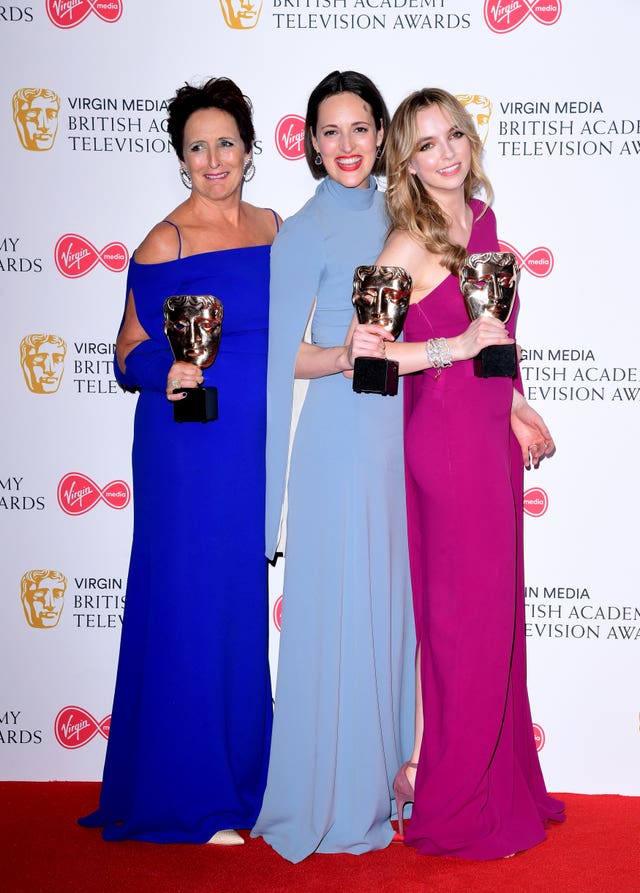Bafta has changed its eligibility rules following controversy over Killing Eve’s inclusion at this year’s TV awards.
The hit drama, which premiered in the US, was deemed eligible despite Bafta rules stating that a programme must have premiered in the UK.
Now Bafta has announced: “UK programmes will no longer be required to premiere in the UK.”
The change enables “the very best British creators and content to be recognised by Bafta regardless of where the show is first transmitted”, it said.

Programmes which first aired outside the UK will qualify for the production categories if they are broadcast to UK audiences within the calendar year.
Earlier this year, the hit BBC drama won three awards at the TV ceremony, leading the wins.
Jodie Comer scooped best actress, Fiona Shaw supporting actress and the show won drama series.
Hannah Wyatt, chair of Bafta’s television committee, said: “Bafta is committed to rewarding British productions that can be enjoyed by British audiences.
“We are always looking to reflect the ever-changing industry, ensuring our rules remain fit for purpose.
“As we see British creative talent and productions increasingly capturing global audiences, we feel now in the right time to make this adjustment.”
The announcement came as Bafta said its committees and jury chairs are being offered independent unconscious bias training ahead of the 2020 awards season.
